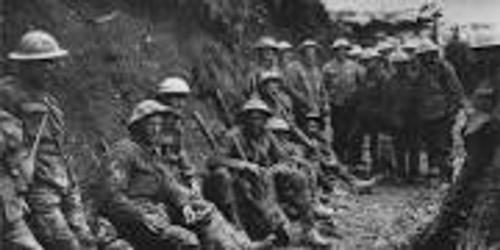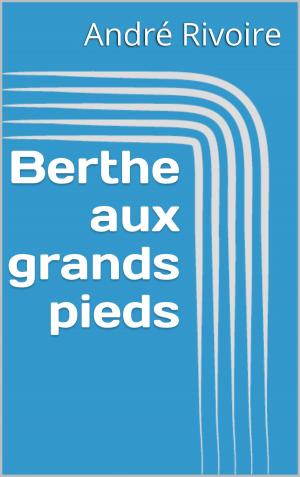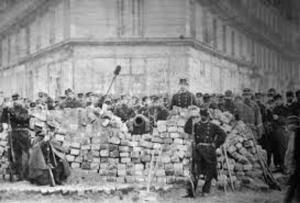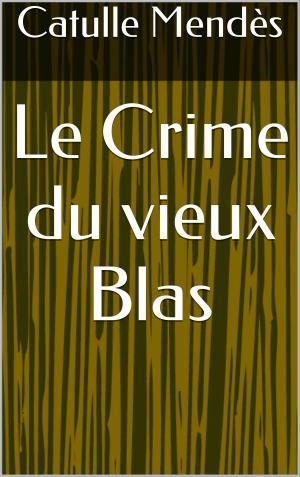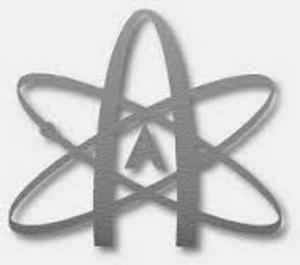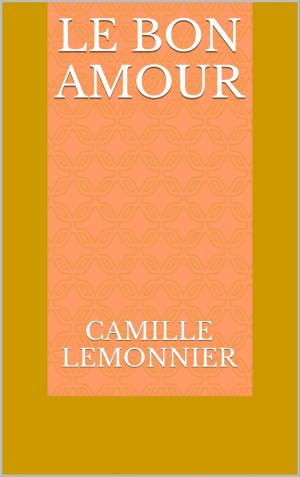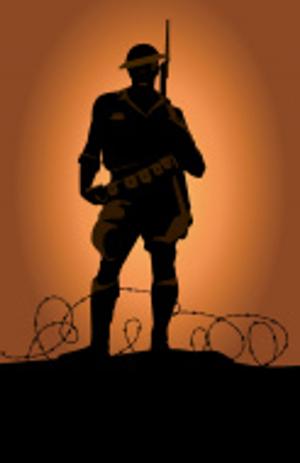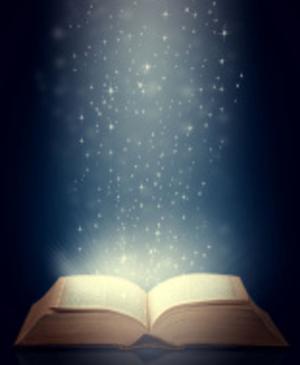A Treasury of War Poetry: British and American Poems of the World War, 1914—1919
Fiction & Literature, Poetry, Continental European, Biography & Memoir| Author: | by George Herbert Clarke | ISBN: | 1230000699983 |
| Publisher: | CP | Publication: | October 3, 2015 |
| Imprint: | Language: | English |
| Author: | by George Herbert Clarke |
| ISBN: | 1230000699983 |
| Publisher: | CP |
| Publication: | October 3, 2015 |
| Imprint: | |
| Language: | English |
BECAUSE man is both militant and pacific, he has expressed in literature, as indeed in the other forms of art, his pacific and militant moods. Nor are these moods, of necessity, incompatible. War may become the price of peace, and peace may so decay as inevitably to bring about war. Of the dully unresponsive pacifist and the jingo patriot, quick to anger, the latter no doubt is the more dangerous to the cause of true freedom, yet both are "undesirable citizens." He who believes that peace is illusory and spurious unless it be based upon justice and liberty, will be proud to battle, if battle he must, for the sake of those foundations. If man is inexhaustible, his poetry is peculiarly so, because in his poetry his spirit is least partisan, most catholic and curious. War, adventure, the mysteries of faith, the changeful aspects of Nature (whether virgin or domesticated), and romantic love—about these themes, or some variation or interrelation of them, the poets have always wondered and sung. From all five of them derives a sense of anticipation, discovery, of Platonic reminiscence
BECAUSE man is both militant and pacific, he has expressed in literature, as indeed in the other forms of art, his pacific and militant moods. Nor are these moods, of necessity, incompatible. War may become the price of peace, and peace may so decay as inevitably to bring about war. Of the dully unresponsive pacifist and the jingo patriot, quick to anger, the latter no doubt is the more dangerous to the cause of true freedom, yet both are "undesirable citizens." He who believes that peace is illusory and spurious unless it be based upon justice and liberty, will be proud to battle, if battle he must, for the sake of those foundations. If man is inexhaustible, his poetry is peculiarly so, because in his poetry his spirit is least partisan, most catholic and curious. War, adventure, the mysteries of faith, the changeful aspects of Nature (whether virgin or domesticated), and romantic love—about these themes, or some variation or interrelation of them, the poets have always wondered and sung. From all five of them derives a sense of anticipation, discovery, of Platonic reminiscence
